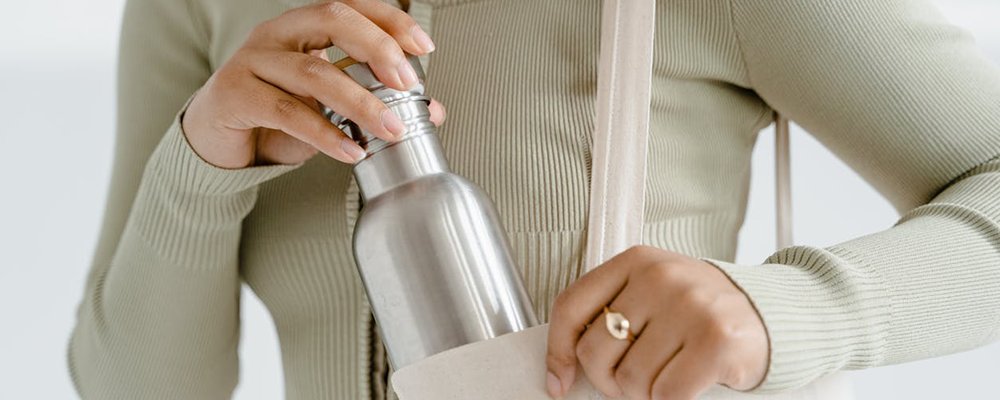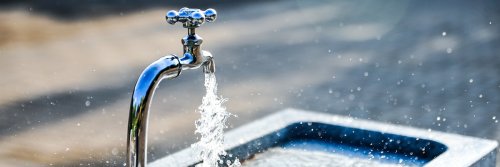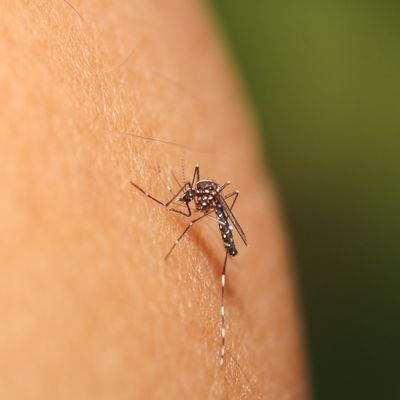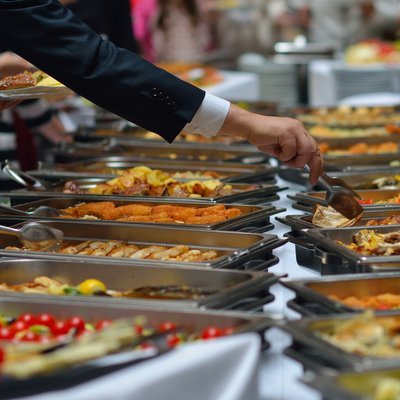No, having numerous sundowners in the late afternoon is not hydrating your body; in fact, it's doing the complete opposite, as it's a diuretic—it makes you pee more because it interferes with your body’s ability to regulate its water balance. All of those ‘I deserve it, I’m on holiday’ moments come at a cost to your beautiful body that needs to maintain its health, especially when traveling. Necessary individual water consumption per day depends on your health, age, environment, and how active you are—yes, the 8 x 8 rule (8 glasses of 8 ounces) has been relatively debunked. It all depends on numerous factors, including gender, whether pregnant, ill, or having had heat/sun exposure.
Your body is about 50% to 70% water and relies on water to function correctly to rid waste through perspiration, urination, and bowel movements; it lubricates joints, protects tissues, and keeps your temperature at normal—37°C (98.6°F). We get our fluid intake, not just by what we drink. Approximately 20% comes from food—think watermelon, peaches, oranges, apples, plus veggies like celery, lettuce, cucumber, tomatoes, and even mushrooms; some fruit and veg are almost 100% water by weight. Drinks like juice, milk, and some herbal teas (chamomile and rose)—avoid the herbal teas known as diuretics (parsley, hibiscus, juniper, ginger, dandelion, and hawthorn). Even a long black coffee will help with your water consumption because of the low ratio of caffeine to water, but a tiny espresso is stretching the point regarding hydration.
Staying hydrated is essential daily and it's so easy to forget to take that sip of water when you are having a mind-blowing adventure jumping on and off flights, trekking in picturesque mountains, or even having a lazy day poolside when all that is going down your throat is alcohol in a summery haze. Being dehydrated can lead to a lack of energy, dizziness, headaches, and even put you in a shitty mood. It can also lead to short-term memory loss and shorten your attention span. Not the optimum body recipe for a holiday—it's hard enough to avoid all the germs flying around a plane’s cabin, let alone worrying about the hydration factor while flying. Feeling icky at the beginning of a vacation dampens the whole event. Chapped lips, dry mouth/eyes/nasal passages, decreased or dark urine, muscle cramps, fever or chills, craving sweets, fast heartbeat, bad breath, fatigue, and not urinating, all mean that you are a dry soul requiring hydration.

When traveling:
Take a refillable water bottle everywhere with you and fill it up wherever you can. Water bottles can get heavy, so consider a water bladder alternative. Insulated water bottles will keep your water cooler.
Take hydration tablets (electrolytes), as they will keep you hydrated for longer than just plain water, especially if you are hiking and not just walking around city streets gawking. For strenuous treks, sports drinks or hydration tablets/powders improve fluid uptake by the body.
Eat hydrating snack food when you can. This can be problematic if you are in a developing country where fruit and vegetables are grown in the local water that may be contaminated.
Avoid alcohol, especially when flying. When on the ground, play the alternative beverage trick—for every glass of alcohol, you must consume a glass of water.
Before departing for a day trip, drink 1-2 glasses of water and do the same when you return.
Don’t be out in the sun for long periods of time—hot climates can equal heat stroke and dehydration if you don’t look after yourself. Have chill-out times in the shade when possible, wear a wide-brimmed hat and sunscreen, and dress for the event with lightweight, light-colored, loose-fitting clothing to help your body regulate the heat. Keep your strenuous activities for the early morning or late afternoon and avoid the midday heat if possible. Remember to keep applying that sunscreen throughout the day!
Don't wait until you are thirsty to drink—keep sipping all day long. If you don't like the taste of plain water, flavor it with an infusion of herb (cilantro, mint), fruit (lime, lemon), juice, or add a veggie infusion such as cucumber. If you are in Asia, go for fresh coconut water.
Take breaks during the day, even if you are too excited to do so. Find some shade, sit down, and make time to replenish your body with fluids and food. Smell the roses and the fresh air—remember, it's a holiday.
You can get dehydrated in cold climates. Indoor heating will dehydrate you, and you will perspire because you have ten million layers of clothes on to keep you warm. You are less inclined to carry water with you, so you are not drinking as much water as you need to.
Dehydration can rear its ugly head at any time when the body does not have enough fluid intake—not just on holidays when your mind may be totally focused on having a good time. Children and older people are at more risk. Kids (who have a higher percentage of water in their bodies) don't realize they are thirsty—they're too busy building a sandcastle that a wave will knock down. While with older folks, it's a question of age-related health conditions and a decrease in the sensation of being thirsty.
Keep sipping H2O—it’s good for you, especially when traveling.
Gail Palethorpe, a self proclaimed Australian gypsy, is a freelance writer, photographer and eternal traveller. Check out her website Gail Palethorpe Photography and her Shutterstock profile.















